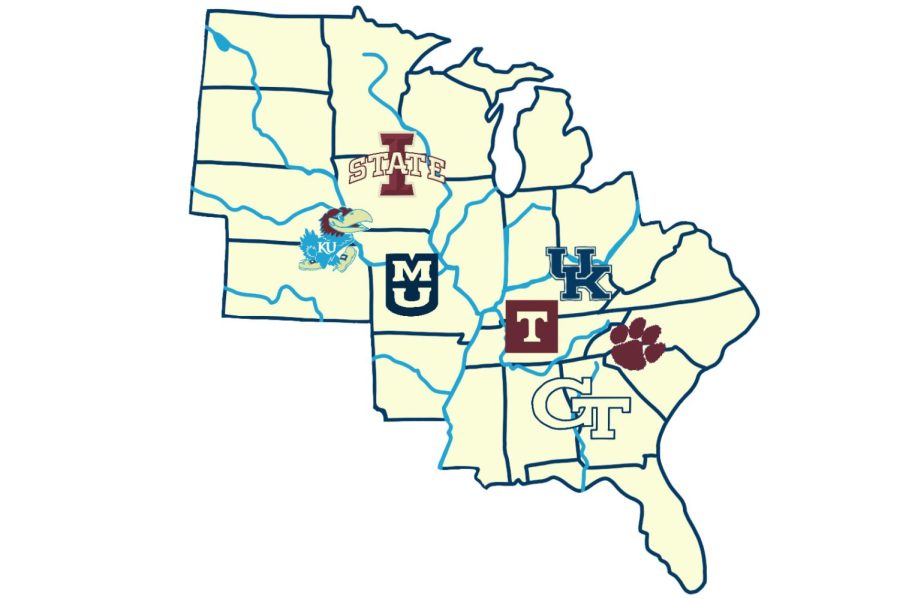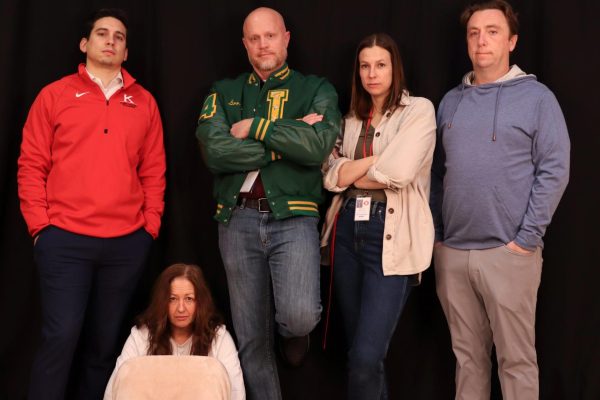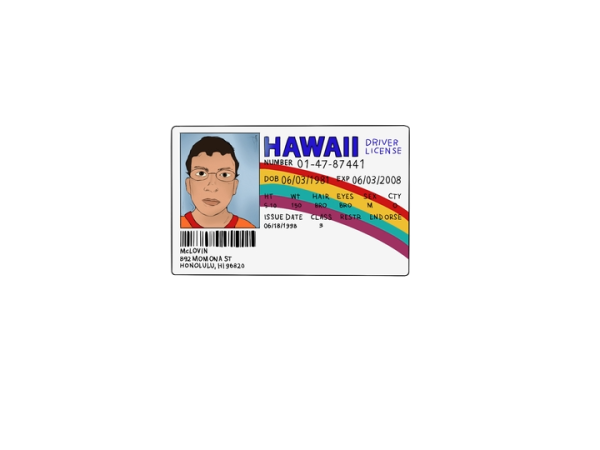The Key to success
An illustrated map of Mac Key’s top choices for college
Mac Key, senior, knows exactly what kind of college he wants to go to. A lifelong creator whose favorite childhood toys were Lincoln Logs and Lego bricks, he wants to go to a university with a strong engineering program. As a passionate sports fan, he wants a place with a large athletics program where he can cheer on his team. Interested in experiencing a new area, he wants to go out-of-state for college. With a 4.051 GPA, it just might be possible to do all of this.
Key said he knew he had to work hard throughout high school to earn a high GPA, understanding it might earn him admission and scholarships from colleges. But when his ACT score came in, he was faced with a dilemma.
“I worked super hard on my ACT,” Key said. “I did everything right. I got a tutor early, worked hard, studied hard, balanced hard classes [during] my junior year with tutoring, took the test around four times, [but] never got the score I would have loved to have.”
Key’s original score of 21 was raised to a 26 composite score and 28 superscore through months of effort and three retakes, placing him well above the 20.7 composite average in the state of Missouri, based on statistics released by the ACT. But Key said his ACT didn’t match the strength of his GPA, and made him ineligible for the highest scholarships at the colleges he was applying to.
“[At the University of] Tennessee, if you go test-optional, they give you the exact same [scholarship], so Tennessee was perfect for me,” Key said. “Not only did you have the opportunity to submit both your GPA and ACT but you could also submit one or the other. I opted to send my GPA and that got me the highest [scholarship]. Even though I only have a 28 superscore, the only other way to get that same amount was to have a 32 [on the] ACT.”
I got a tutor early, worked hard, studied hard, balanced hard classes [during] my junior year with tutoring, took the test around four times, [but] never got the score I would have loved to have.
— Mac Key
When Key applied for scholarships at the University of Tennessee and other schools, he knew submitting his GPA without his ACT score would earn him the highest amount of money. As a result, he decided to take advantage of the test-optional policies at the schools he was applying to.
“I focused on applying to schools [where] I could go test-optional and get the max amount of money for my grades,” Key said. “I have the GPA requirement for the highest scholarship, but I don’t have the ACT [score] for the highest scholarship. So that’s why I decided to go test-optional.”
Christal Key, Mac’s mother, said she believes colleges and universities should keep test-optional policies even after COVID-19 is out of the picture. She sees them as an opportunity to address inequalities in the college application process.
“We paid to have Mac tutored [for] the ACT, and he has a very good score [which] drastically changed after tutoring,” Christal said. “[But] I don’t think [Mac] became any better prepared for college by doing ACT tutoring. It’s just sort of the game. [Test-optional policies] help children who come from less affluent backgrounds to have a fair shot at scholarships.”
Mac said he agrees with his mother in this regard. He said GPA is the most accurate measurement of a student, on top of being more equitable. He hopes colleges soon give it more weight.
“I’m lucky enough to have parents that supported me with the ACT,” Mac said. “I was fortunate enough to get a tutor, but I know there’s a lot of kids that don’t have that option. That hurts them further and it’s harder for them to get a higher ACT [score]. I would like to see more colleges cater to GPA [over] the ACT because at the end of the day, the amount of work that goes into that GPA and all those hard classes should amount to more than one test.”
I was fortunate enough to get a tutor, but I know there’s a lot of kids that don’t have that option. — Mac Key
Abby Peterson, KHS college counselor, said well-off families are more likely to access advice from professionals when deciding whether or not to take a standardized test.
“Families who have higher income levels most likely live in school districts that have positions such as college counselors…or they may have the funds to be able to send their children to private schools,” Peterson said. “That college counselor will probably have experience talking to families about the options for test prep. Which is a huge advantage in the first place.”
Emily Werner taught Mac last year as a junior in Honors Precalculus. As Mac assembled his applications, he asked Werner to write him a letter of recommendation because of his positive relationship with her.
“[Mac] always worked really hard in math class and always wanted to understand every question and when he understood, he was very willing to help other people,” Werner said. “He is a really great student but an even better person. He’s gonna do great things.”
Your donation will support the student journalists of Kirkwood High School. Your contribution will allow us to purchase equipment and cover our annual website hosting costs.

He/Him
Hobbies and Interests: I enjoy reading, watching the UCL after school, listening to music at 2 am, consuming TikTok slideshows, and watching...
















